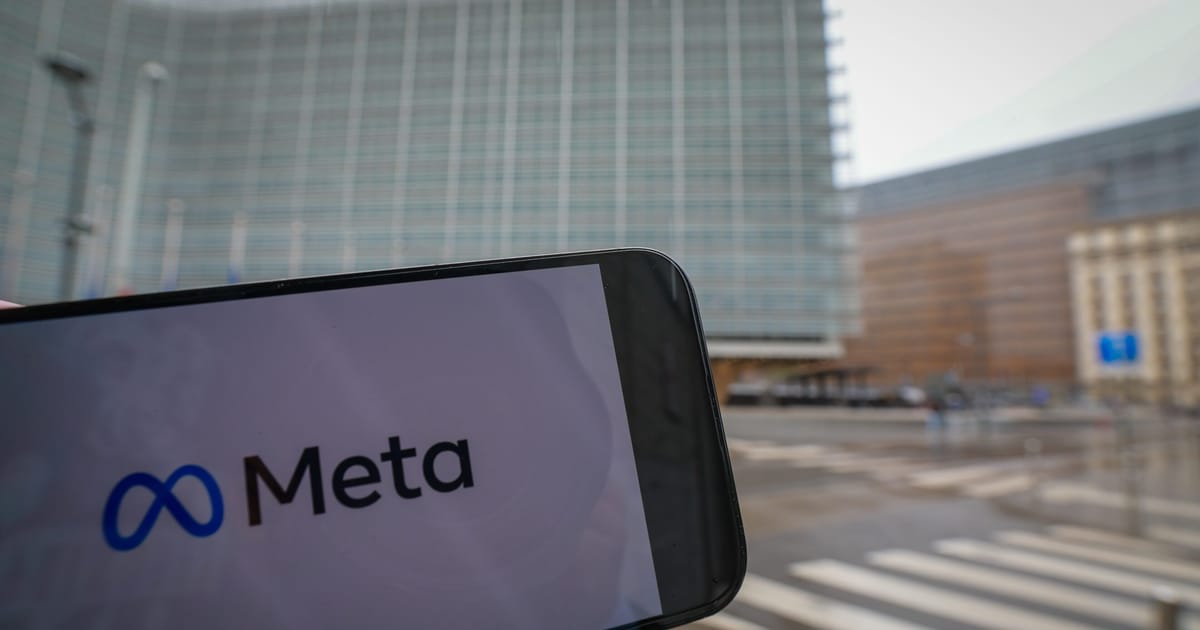

In the evolving landscape of artificial intelligence within the European Union, recent developments have sparked significant dialogue between tech giants and policymakers. As the EU seeks to establish a comprehensive framework to guide the responsible deployment of AI technologies, companies like Meta are navigating these changes with both caution and resistance. This discourse around AI regulation underlines the tension between innovation and compliance, highlighting the need for a balanced approach that caters to both ethical standards and technological advancement.
The EU’s initiative to regulate AI stems from a broader commitment to ensure that technology serves the public good while addressing potential risks such as privacy violations and algorithmic bias. At the heart of this endeavor is a code of practice, crafted after extensive consultations and aimed at setting a universal standard for AI operations within the bloc. This code has not only set timelines for compliance but also embodies the EU’s vision to lead in ethical AI governance worldwide.
Meta, the parent company of several major digital platforms, has positioned itself as a key player in this negotiation process. Despite the EU’s efforts to align industry practices with its regulatory goals, Meta has expressed reservations about embracing the AI code in its current form. This reluctance reflects broader concerns within the tech industry about the impact of stringent regulations on innovation and competitive positioning in a rapidly evolving field.
From a regulatory perspective, the EU has laid out clear expectations for compliance. New AI models introduced into the market after a specified cut-off date must adhere to these guidelines immediately. For existing models, companies have been given a grace period extending to August 2, 2027, to make necessary adjustments. This phased approach acknowledges the complexities involved in retrofitting current technologies to meet new standards, offering companies ample time to transition smoothly.
The discussions surrounding AI regulation are more than just a technical issue; they resonate with broader societal themes of accountability, transparency, and trust. By proposing these guidelines, the EU aims to safeguard citizens’ rights and limit the potential for misuse of AI technologies. However, the balance between rigorous oversight and fostering an environment conducive to innovation remains a challenging goal to achieve.
For Meta, and other major tech firms, the dialogue with EU regulators is not just about adapting to new rules but also involves advocacy for frameworks that recognize the diverse applications and benefits of AI technology. As these discussions progress, they offer a platform for different stakeholders to voice their perspectives and collaborate on crafting policies that uphold ethical standards without stifling technological growth.
In conclusion, the ongoing negotiations between Meta and the EU over AI regulations reflect a microcosm of larger global conversations about technology, ethics, and governance. As the digital landscape continues to expand, such engagements are crucial in shaping a future where technology can thrive alongside guiding principles that protect public interest. The resolution of this dialog will likely set precedents for other regions grappling with similar challenges, highlighting Europe’s role as a leader in the ethical deployment of advanced technologies.
Source: {link}
